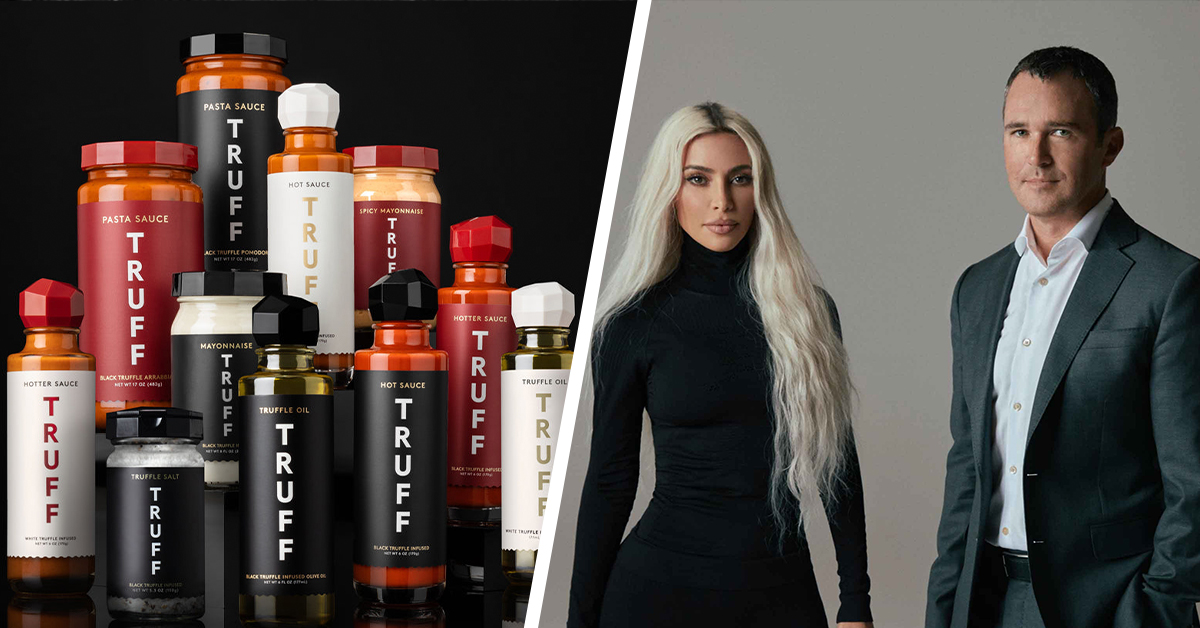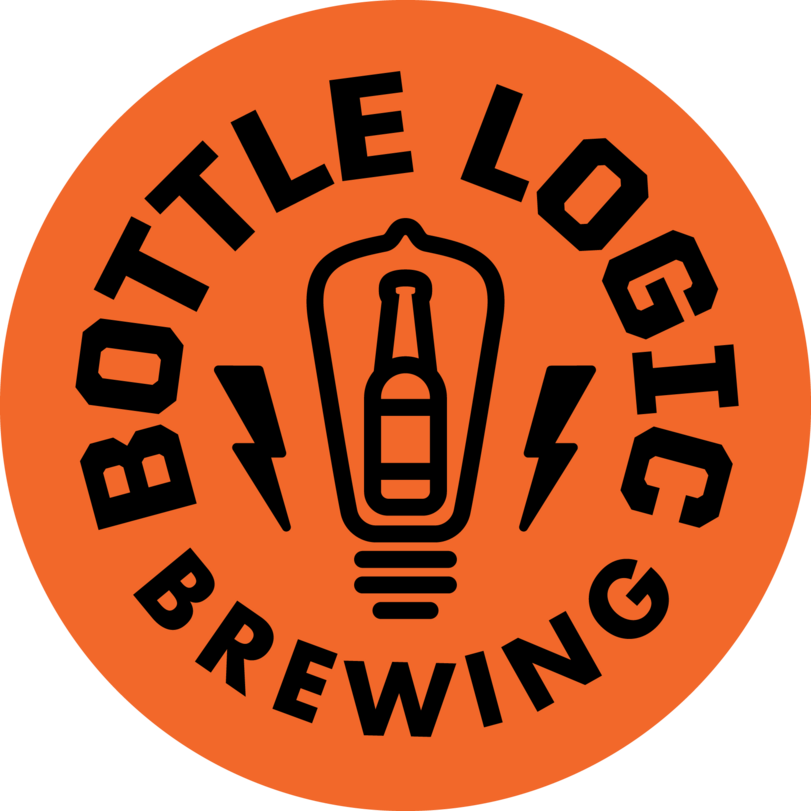Report: Funding Climbs in Q1, But Flows to Fewer Brands

Venture investment in food and beverage brands is at its highest point in two years, according to the latest Q1 2024 report from research group FABID. But that doesn’t mean the market isn’t still tight, as well. Here are our three big takeaways from the research:
Fewer (But Bigger) Deals
After the clouds of a once-imminent economic recession have receded, venture funding has ticked back upwards: CPG investment had its strongest quarter in two years in Q1, up 8.5% sequentially to $573 million. Average investment size in Q1 was $11 million, almost doubling from the same period in 2023 ($6 million) and above the average from 2022 ($10.2 million).
But the spread tells a different story. That jump in venture capital has come primarily from five $50 million-plus investments in established brands, with four companies — Bloom ($90 million), Truff ($80 million), Aloha ($69 million) and Liquid Death ($68 million) — receiving over half the total amount raised during the most recent period. Other funding winners included Serenity Kids ($52 million) and Culture Pop ($21 million).
In addition, many companies have acknowledged “a significant portion” of investment is “’secondaries,’ essentially a partial buyout of early investors and founder liquidity,” said FABID founder Ryan Williams.
Meanwhile the total number of deals keeps dropping: 99 in 2022, then 88 in 2023, and now just 52 in Q1 2024.
A Shifting Sweet Spot
Investors are quietly shifting where they look for value, according to the report. Median brand investment rose around $600,000 to $3.6 million, suggesting more attractive plays upmarket and away from pre-seed and micro rounds.
Most deals were in the $5-10 million range during Q1, followed by under $1 million and then $1-3 million.
Within beverages, the volume of deals tilted in favor of alcoholic brands, though far more dollars went to backing non-alcoholic ventures. And in food, over half the funding went to snacks — where brands like RIND, No Man’s Land and Weaver are helping stretch the category — with sauces (12%) and baby food (12%) also picking up momentum.
Strategics Stay Sidelined
Where once you might have looked on term sheets for names like The Coca-Cola Company or Nestle, you’ll now find names like Trek One Capital (Alter Eco), MPearlRock (nutpods) and AUA Private Equity (Weaver Holdings). Outside of Sazerac — the new owner of BuzzBalls as of last month — the lack of familiar large strategics on the list of M&A transactions was stark.
Their absence may be linked to the aforementioned “secondaries,” Williams noted, and reflective of experienced founders with solid businesses being unable to fully exit and thus seeking new routes to find at least a partial sale.

















